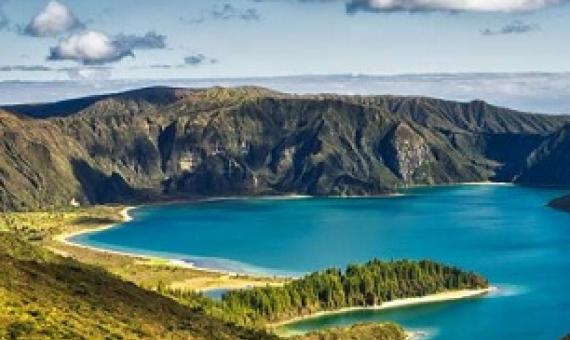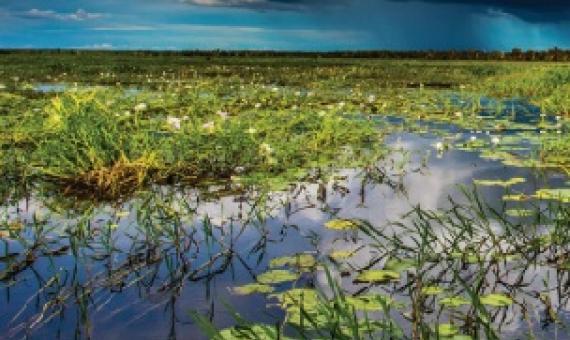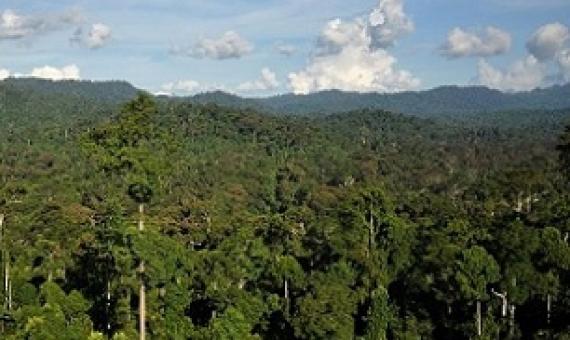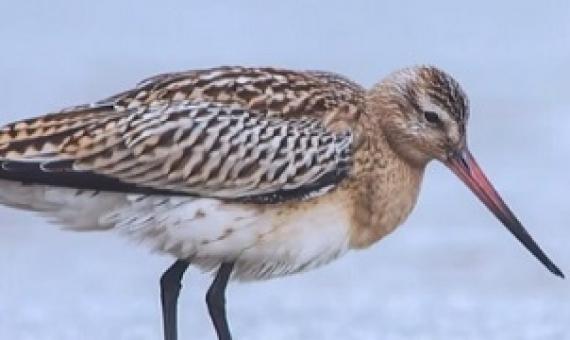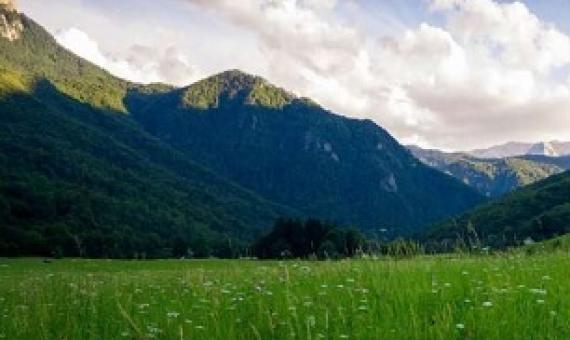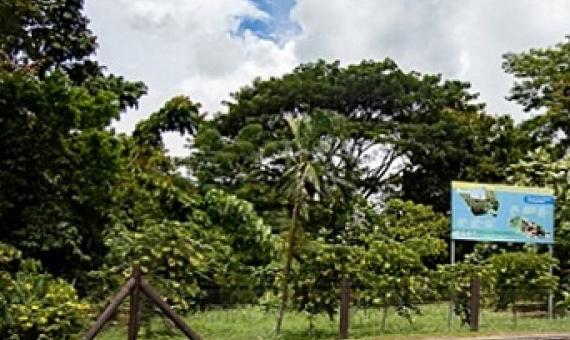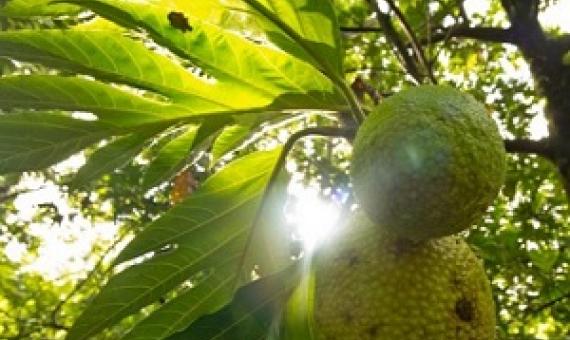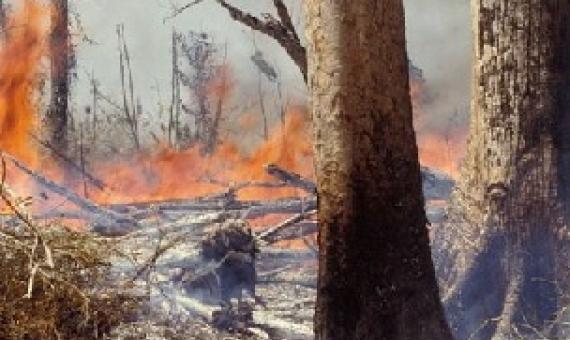Returning specific ecosystems that have been replaced by farming to their natural state in all continents worldwide would rescue the majority of land-based species of mammals, amphibians and birds under threat of extinction.
University of Adelaide scientists have shown how droughts are threatening the health of wetlands globally.
UC Santa Barbara forest ecologist Anna Trugman—along with her colleagues at the University of Utah, Stanford University and the U.S. Forest Service—investigated the effects of repeated, extreme droughts on various types of forests across the globe.
It's the longest non-stop flight undertaken by any bird. This year researchers have been able to keep track of every move of some making the journey, as part of a project to learn more about their decline on our shores.
A new study published by the European Forest Institute calls for collective action to put nature at the heart of the economy and set the world on a sustainable path.
The Earth's nature reserves are the basis for the preservation of global biodiversity. They are set to be affected by future climate change in very different ways.
Change in Terrestrial Human Footprint Drives Continued Loss of Intact Ecosystems
Human pressure mapping is important for understanding humanity’s role in shaping Earth’s patterns and processes. We provide the latest maps of the terrestrial human footprint and provide an assessment of change in human pressure across Earth. Between 2000 and 2013, 1.9 million km2 of land relatively free of human disturbance became highly modified. Our results show that humanity’s footprint is eroding Earth’s last intact ecosystems and that greater efforts are urgently needed to retain them.
A fruit used for centuries in countries around the world is getting the nutritional thumbs-up from a team of British Columbia researchers.
The Protected Areas Collaboration for Learning & Research (PAC) - previously the Protected Areas Learning & Research Collaboration (PALRC) - is delighted to announce a new joint venture agreement is shortly to be finalised with prospective partners, Tasmanian Land Conservancy, and the Blu
Plants and fungi hold promise as future medicines, fuels and foods, according to the Royal Botanic Gardens, Kew. But opportunities are being lost to use this "treasure chest of incredible diversity" as species vanish due to habitat destruction and climate change.

